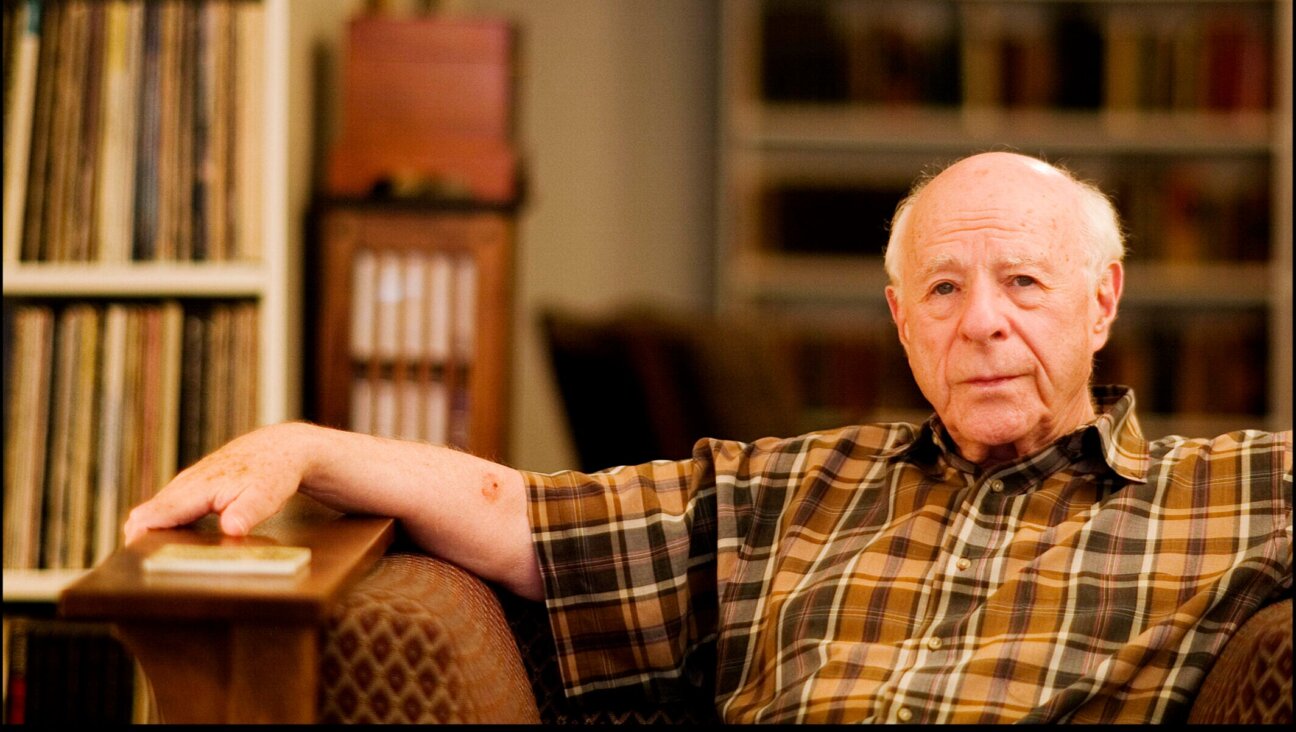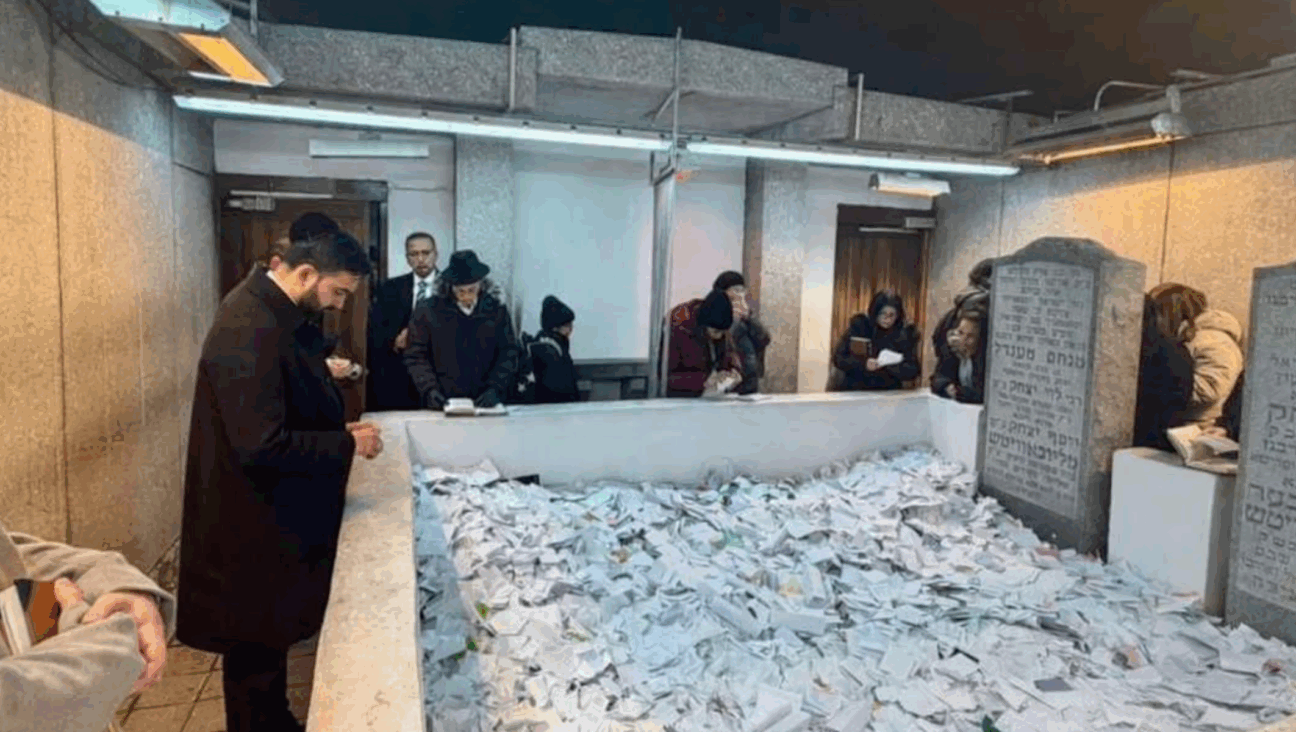Hamptons Eruv Will Expand to 2 More Towns

Graphic by Angelie Zaslavsky
A local town board will allow the expansion of an eruv to encompass the towns of Quogue and Westhampton on Long Island, New York.
On Tuesday night, the Southampton town board announced that it will not appeal a June 30 decision by State Supreme Court Justice Joseph Farneti, who ruled that the ritual boundary — which allows observant Jews to perform certain activities in the public domain during Shabbat — would not violate the town’s signage rules.
An eruv was erected in nearby Westhampton Beach Village in August 2014. A group of local residents in 2007 sued the East End Eruv Association — which had teamed up with the Verizon telecommunications company and the Long Island Lighting Company to put up “lechis,” or plastic strips to designate the eruv. The lawsuit alleged that the boundary violated the separation of church and state. The group, which was called Jewish People for the Betterment of Westhampton Beach, lost the case in January.
The Southampton board’s decision will likely pave the way for an extension of the Westhampton Beach Village eruv, which could now surround Quiogue and Westhampton.
“Well, we felt that we had made our point, which was solely based on the interpretation by our Building Department that it represented a violation to our sign code, and that is really the only reason we opposed it,” Southampton town board member Anna Throne-Holst told 27east.com. “But the court struck that down, so we made the decision not to appeal and to bring to an end what has been a very long and costly piece of litigation that was, again, solely geared toward the interpretation of our sign laws.”
Southampton will also drop a case it had filed in the U.S. district court. 27east.com reported that Quoigue is still involved in litigation with the EEEA over the constitutionality of the lechis.














